Competition: Visible market hand hits back at counterfeits online
Updated: 2015-07-21 11:40
By William Hennelly(China Daily USA)
|
||||||||
Most people don't appreciate counterfeit items, unless they're looking for a "Coach" bag or a "Rolex" watch from a street vendor. In those cases, they're "paying for the name" without paying for the name.
But when most of us order something online, we expect to get what we ordered, especially if it is brand new.
JD.com, China's No. 2 e-commerce company behind Alibaba Group Holding Ltd, announced on Monday that it would open a "US Mall" store that would offer US products to China's growing middle class. JD.com, based in Beijing, also said that it would be the exclusive seller of American pop music star Taylor Swift's merchandise in China, including a clothing line designed by the singer for JD.com.
"With increasing demand for 'Made in America' products, Chinese consumers are buying American products from JD.com at an exponential rate, with exports from the US into China in 2014 totaling over $123 billion," Alfred Goh, JD.com senior vice-president, said Monday in a statement.
(Both JD and Alibaba had US IPOs in 2014 - JD on the Nasdaq and Alibaba on the New York Stock Exchange.)
And in what could be seen as a swipe at its Jack Ma-led rival, JD.com CEO Richard Liu said: "As American companies increasingly understand our core advantages of zero tolerance towards counterfeits and unparalleled same-day delivery capabilities, we are gaining excellent momentum attracting US brands to our site."
"One of the top objections we hear about the China opportunity is concerns around counterfeiting, so I think JD's zero tolerance will be very well received, Scot Wingo, executive chairman of ChannelAdvisor Corp, an e-commerce software firm, told China Daily.
"It should be no surprise that along with the growth of China e-commerce comes additional potential for abuse of the system," Frank Lavin, chairman and CEO of exportnow.com wrote to China Daily, who added that JD.com policy is a "welcome corrective step".
Alibaba, headquartered in Hangzhou, has been in the news recently, too, but not entirely in a flattering light.
In a story on Monday about counterfeit bicycles, The New York Times reported how the use of carbon fiber in bicycle frames and wheels has sharply increased the prices of high-end racing bikes. The frame and fork of the Specialized S-Works Tarmac bike ridden in the Tour De France list at $4,000. The story said that fake versions go for about half that on Chinese websites like DHGate and AliExpress, an Alibaba site, and for as little as $500.
On July 17, Juanita Duggan, president and CEO of the American Apparel & Footwear Association, which represents more than 1,000 clothing and shoe brands, wrote to Ma over what the group claims is widespread selling of knockoffs on Alibaba's platforms.
"We are asking for Alibaba to create a process whereby Alibaba removes counterfeits quickly at the request of certified brands," Duggan said. "No one understands Alibaba's process - it is obviously flawed. What Alibaba has in place is slow, unclear, cumbersome, and full of barriers. The ultimate metric is whether counterfeits on the sites are permanently removed, and right now, they are not.
"On any given day, a simple search of a brand will yield hundreds, if not thousands, of results at alarmingly low prices - a giveaway that the products are fake," she said.
In April, the AAFA sent letters to the US Securities and Exchange Commission and the Office of the United States Trade Representative complaining about the "sluggish or non-existent" implementation of new removal procedures. The AAFA estimated the impact of intellectual property theft on the American fashion industry at $68 billion in 2013, and said that 80 percent of US Customs and Border Protection seizures are fashion-related.
Alibaba was criticized by China's State Administration for Industry and Commerce (SAIC) in January for failing to crack down on counterfeits on its Taobao shopping site.
Alibaba called that report "flawed", and Executive Vice Chairman Joe Tsai said then that the company has invested 1 billion yuan ($161 million) to fight counterfeits and has cooperated with Chinese authorities in more than 1,000 cases. He said 400 suspects from 18 counterfeiting rings were arrested while 200 facilities involved in counterfeiting were closed.

But none other than Ma himself, in a speech to the Economic Club of New York on June 9, offered a humorous anecdote about some of the products on Alibaba's platforms.
"Amazon is a shopping center, you go there, you buy things you want, exactly (what) it looks like," Ma said. "But on Alibaba on the picture you see it looks like this, but when you buy it, it's different. People feel surprised, 'Whoa, it's different.' And they love it," he said, eliciting laughs.
That is not to say that Alibaba doesn't take the issue seriously. It does. In that same speech, Ma said: "We have 2,000 people working full time against counterfeit products. It's the war against the criminals, against the bad guys. I am so angry, and I wrote a letter to my employees and to [the bad] guys. They went to Hong Kong and burned my picture. I got a lot of personal threats.
"This is the cancer. It will destroy our business," Ma said. "We will do anything against it. I got death threats from these guys. The police don't understand this."
On Monday, Alibaba announced a partnership with European consumer goods giant Unilever. All Unilever items sold through Alibaba's channels will have a QR code connected to Alibaba's Blue Star program, aimed at preventing sales of counterfeits.
Contact the writer at williamhennelly@chinadailyusa.com
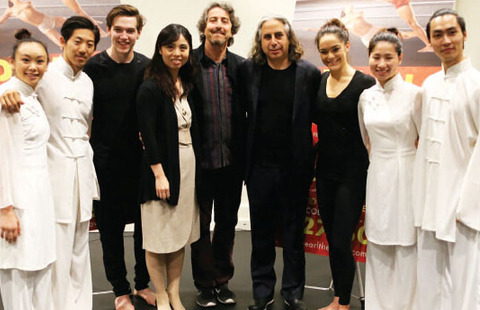
 Across America over the week (July 17- July 23)
Across America over the week (July 17- July 23)
 Unusual but true: 'Love' conquers all
Unusual but true: 'Love' conquers all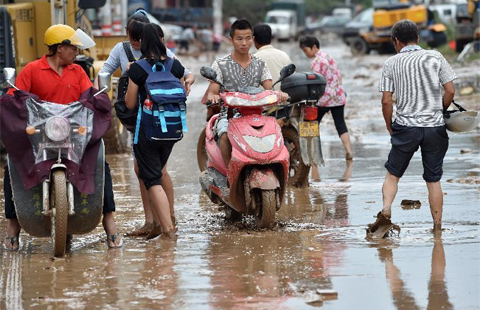
 Six dead as rainstorms wreak havoc in China
Six dead as rainstorms wreak havoc in China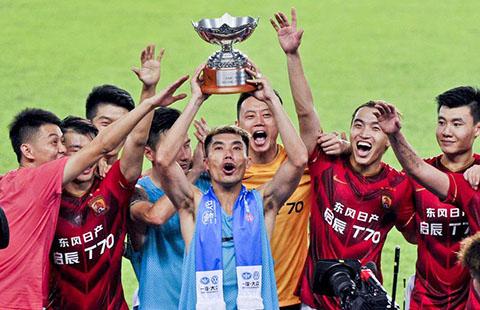
 Guangzhou Evergrande stun Bayern in penalty shootout
Guangzhou Evergrande stun Bayern in penalty shootout
 10 domestic films to see this summer
10 domestic films to see this summer
 Tricks airports use to scare away birds
Tricks airports use to scare away birds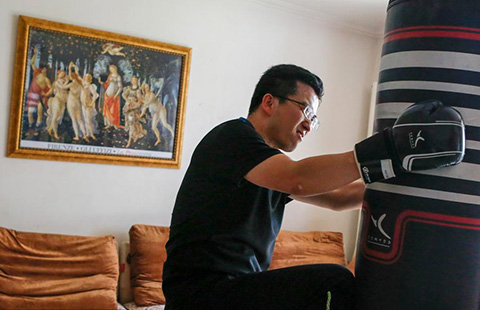
 The highs and lows of a stock market investor
The highs and lows of a stock market investor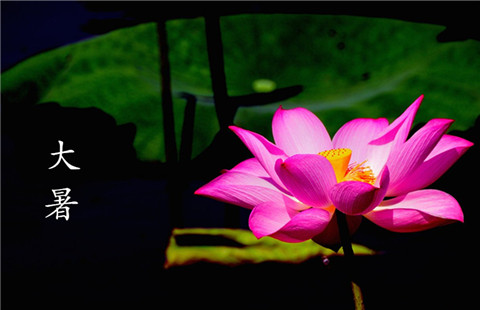
 Culture insider: 7 things you may not know about Major Heat
Culture insider: 7 things you may not know about Major Heat
Most Viewed
Editor's Picks

|

|

|

|

|

|
Today's Top News
Astronomers discover most Earth-like planet yet
Seattle Chinatown leader killed in shooting
Flight details of Obama's Kenya trip leaked
2 killed, several injured in Louisiana theater shooting
Deficit hits $104b in first half
Obama to meet extended family members in Kenya
More Chinese companies become world top 500
Earth-like planet discovered using NASA's Kepler space telescope
US Weekly

|

|






